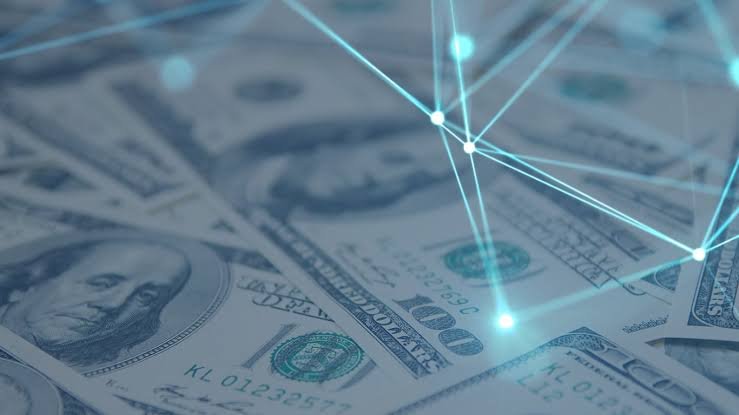The lawmakers of the US introduced a bill to give authority in hand of the Treasury Secretary to work on the US Digital Dollar.
The whole world’ Central Banks are doing their work on Central Bank Digital Currency (CBDCs), to present the best version of the financial system to their citizens but all this competition to create digital versions of fiat currencies results into a better response rate to the US Central Bank because Central Bank of US is not in favour of CBDC adoption but it facing pressure because of the other countries efforts in CBDC. The majority of the government agencies of the US say that country doesn’t need a “Digital Dollar”, but here steps by the US government toward the “Digital Dollar” development is a action to save US dollar dominance in the world.
On 28 March, a group of US lawmakers introduced a bill entitled “Electronic Currency And Secure Hardware Act” (ECASH Act).
According to these lawmakers, development work on the “Digital Dollar” should be done by the US Treasury Department, not by the Federal Reserve. Under these bill proposals, US lawmakers aimed to preserve privacy and anonymity in the transactions that will take place in the “Digital Dollar” (electronic version of the digital Dollar).
Here Electric Dollar’s definition is much similar to bitcoin because a user will be able to use and manage his dollar in tokenized form with the help of a card or wallet but with the loss of the wallet or card, the user will lose his funds including bill details. So it is more likely to be a decentralized version of the Digital Dollar, where people will be able to hold digital dollars on mobile phones, not in accounts.
This Digital dollar will be considered legal tender under the laws and also will perform the same function just like physical US dollar fiat currency. So Digital Dollar will perform the same work with full privacy just like a physical currency.
A Willamette University professor Rohan Grey did a discussion with Coindesk on the electronic version of the digital dollar and said that with these efforts lawmakers aimed to create a true analog of the U.S. dollar.
“We’re proposing to have a genuine cash-like bearer instrument, a token-based system that doesn’t have either a centralized ledger or distributed ledger because it had no ledger whatsoever. It uses secured hardware software and it’s issued by the Treasury,” Professor said.
Read also: Russian Energy minister calls for clear regulation on crypto mining industry


